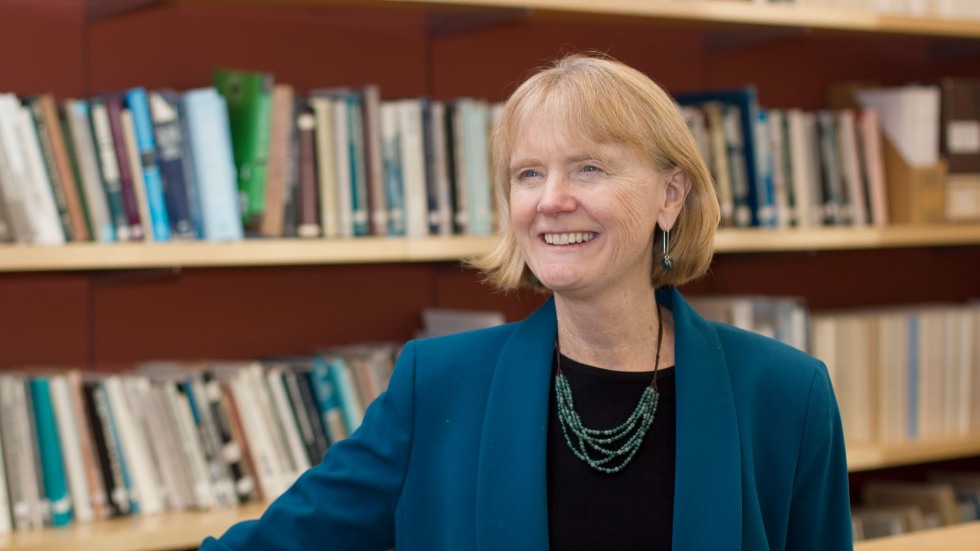Tell us about your upcoming book, The New Metropolis: Political Power and Spatial Inequality in Twenty-first Century America, and its primary themes.
The central argument of the book is that, as suburbs have become more diverse by income as well as by race and ethnicity, new challenges in promoting equity and opportunity have arisen. The growth of very poor suburbs presents a special problem. These places have few fiscal resources for addressing the problems they face. Disproportionately home to people of color, these left-behind places face enormous challenges. Some are unincorporated communities, which must rely on counties to pay for infrastructure and social services. To make progress in bringing resources to these left-behind areas, every metropolitan area must take advantage of the relationships and institutional resources distinct to that area. In addition to Houston, I am studying Chicago and Atlanta whose poor suburbs face different problems and must look to different strategies to address their needs.
Although I am the sole author of the book, I have greatly benefited from research assistance from students. Chris Woods, a graduate student in Political Science, has brought his outstanding quantitative skills to helping me present spatial changes in metropolitan poverty since 1990. John Lin ’23, an IAPA concentrator, helped me with research in the Houston metropolitan area, and Lara Kosar ‘21, an IAPA concentrator who graduated last year, conducted research on changes in the Chicago metropolitan area. Angela Blanchard, the longtime CEO of Baker Ripley, who has taught in the MPA program, helped immeasurably. She took several members of the MPA faculty, including Senior Fellows in International and Public Affairs Bill Allen and Tony Levitas, and me, to Houston to learn more about the organization she helmed for so long.
How do you believe the book’s message will impact legislators, policy-makers, or academics?
I hope it will contribute to rethinking the federal role in “place policy,” something that has been largely abandoned in recent decades. For academics interested in inequality and opportunity, I want to underscore the different ways that people are advantaged or disadvantaged by their place of residence.
Tell us about your MPA Director’s Fellows project and the work your graduate student fellow will be doing.
We are just getting started. My co-director, Jim Morone, John Hazen White Professor of Public Policy, and I are researching the impact of private equity on access to basic needs, especially health care and housing. We want to see where and how the financialization of housing and health care has changed the availability of housing and health care and the terms on which they are available. Kyler Groner, an MPH/MPA student and the Director’s Fellow who is working with us, will conduct research to help us assess how private equity has altered housing and health care markets, what positive resources it brings to these domains and what the negative consequences are. We also want to understand where the impact of these market changes has been the greatest, considering rural as well as urban areas.
What are you teaching this year in the MPA Program?
The MPA class that I teach, Policy Problems of the 21st Century, provides a forward-looking analysis of public policy and inequality with a focus on the United States. It examines six intertwined issue areas that any effort to reduce inequality must confront: job quality and “bad jobs”; place winners and place losers; evictions; criminal justice; climate threats and poor communities; and refugees and migration in the United States. With each issue, we pay special attention to how racial and ethnic inequalities interact with these policy domains to reinforce inequality.
How does Watson’s multidisciplinary approach help to inform your research and teaching?
Inequality and the policy issues related to it are inherently interdisciplinary. The multidisciplinary environment at Watson is a congenial place for conversations about inequality that cross disciplinary boundaries and that connect academics with practitioners. The Stone Inequality Initiative contributes to this conversation with a seminar series that invites scholars with different disciplinary approaches to present their research. We have sponsored a variety of stimulating lectures on topics ranging from racial capitalism and asset manager capitalism to the politics of food and parties.
What drew you to your research focus and to Watson?
My research focus stems from my belief that, as a wealthy country, where racial oppression played a central role in creating that wealth, we have the means and the responsibility to do much more. We cannot simply leave most things to the market and assume that the outcomes are just.
I was attracted to Watson’s interdisciplinary context, as well as the diverse and vibrant intellectual offerings it presents.
